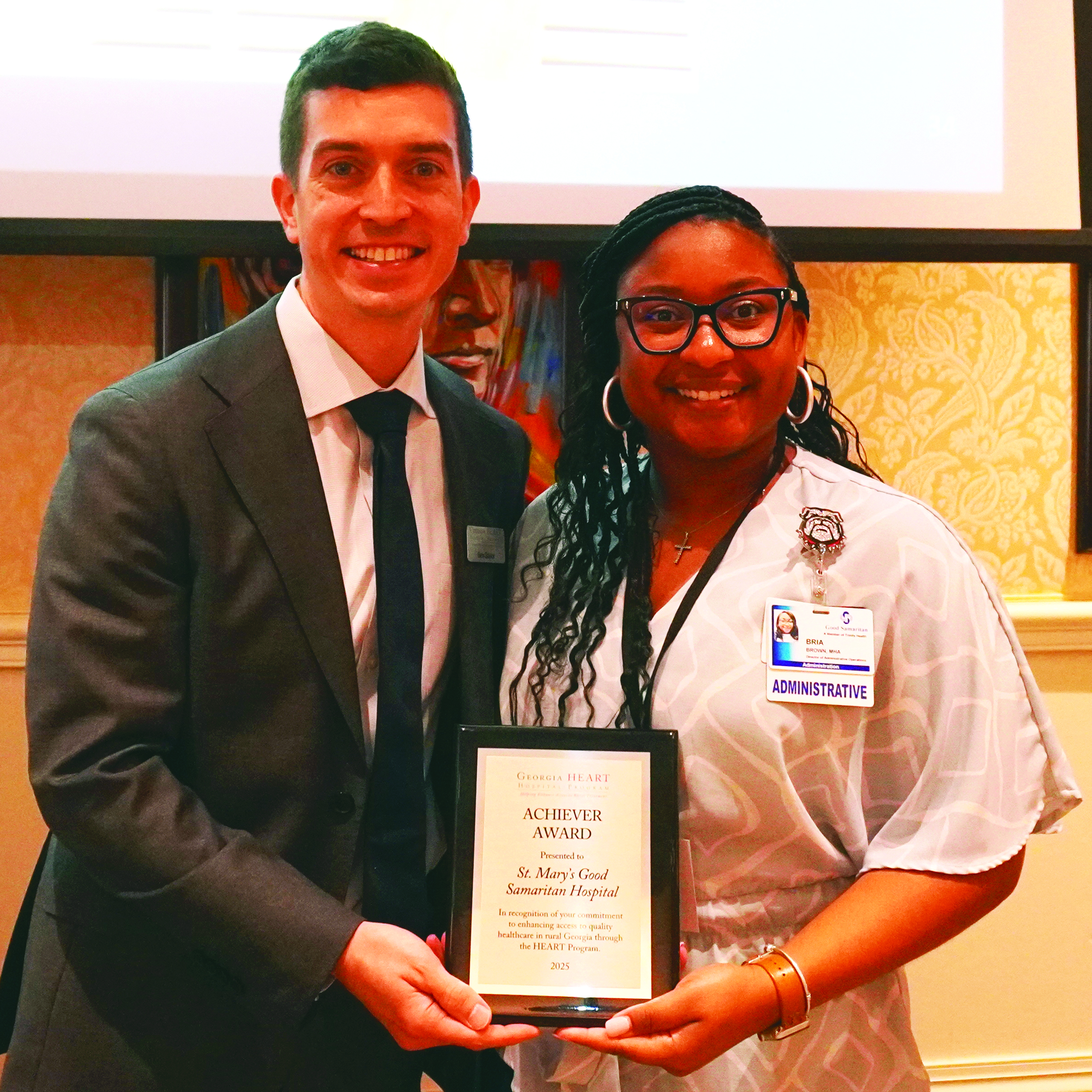Curiosity has many benefits
Published 8:00 am Thursday, September 29, 2016
Are you the curious type? Or, have you lost that child-like curiosity? Do you remember when you used to continually ask “why”? If you need a reminder just listen to your children, or your grandchildren, as they ask “why” about many things in their world. Asking “why” leads us down the path of learning, understanding more about what life is all about.
Unfortunately many people quit asking “why”, their quest for ongoing learning comes to a halt. Lack of inquiry leads to a “hardening of the categories”. Rigid thinking develops. Curiosity has died. However, it is capable of resurrection. Enlivened curiosity has many benefits. May I sell you on some of them?
I am guided in this presentation by some of the research work done by Emily Campbell, Ph.D. candidate at the University of California, Berkeley. The benefits are intellectual, psychological, emotional, social, and physical health.
1. Curiosity helps us survive. The urge to explore and seek novelty helps us remain vigilant and gain knowledge about our constantly changing environment. This experience leads to the release of dopamine and other feel good chemicals in our brain as we encounter new knowledge.
2. Curious people are happier. Research has shown curiosity to be associated with higher levels of positive emotions, lower levels of anxiety, more satisfaction with life, and greater psychological well being.
3. Curiosity boosts achievement. Studies reveal that curiosity leads to more enjoyment and participation in school and higher academic achievement, as well as greater learning, engagement, and performance at work.
4. Curiosity can expand our empathy. When we are curious about others and talk to people outside our usual social circle, we become better able to understand those with lives, experiences, and worldviews different than our own.
5. Curiosity helps strengthen relationships. People are perceived as being warmer and more attractive if they show real curiosity in exchange with others. Deeper connection and closeness are the result.
6. Curiosity kills boredom. (My addition). Try to be curious and bored at the same time. You can’t.
In my practice and in encounters with many people I encounter individuals who have lost that sense of curiosity. They think they have all the answers and refuse to open their minds to new knowledge. Being stuck gives them a false sense of security. They do not want to be “confused” with new knowledge.
It is my hope, Respected Reader, that you are not a person who has lost your curiosity. If so, work to regain it. Challenge the givens of your life. See if there are other perspectives, rationales, explanations that can be additive to your life. If you choose not to, may I ask “why”? I’m curious!
“The unexamined life is not worth living” Socrates
Dr. Stathas can be reached at 706-473-1780. Email: Stathas@plantationcable.net. Web page: drstathas.googlepages.com. Blog: drstathas.com




